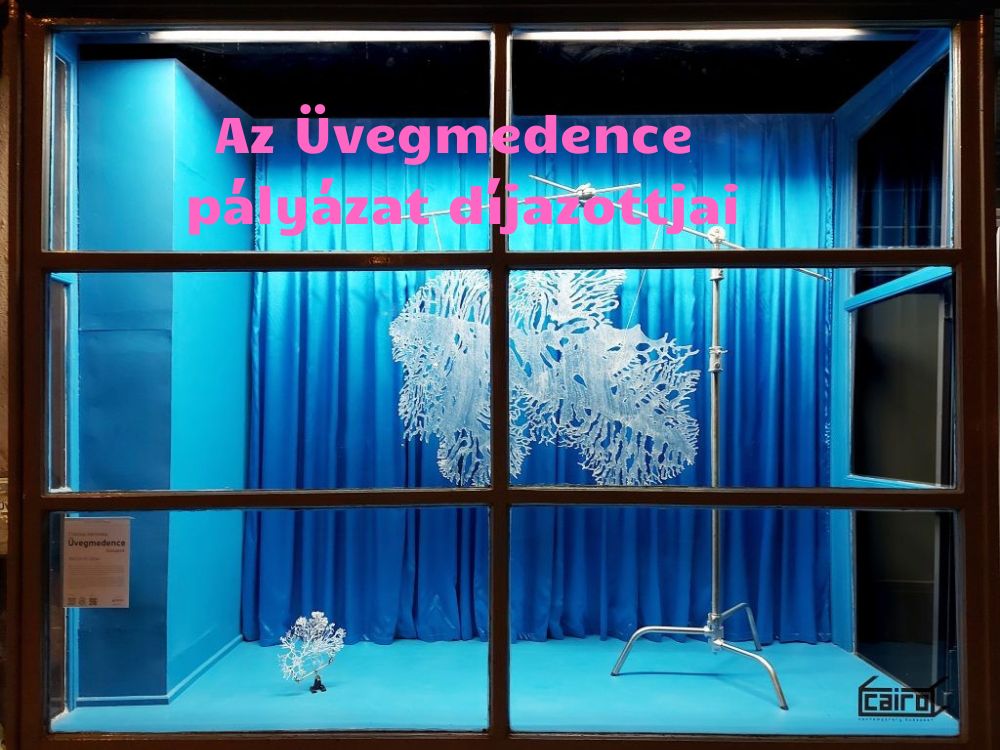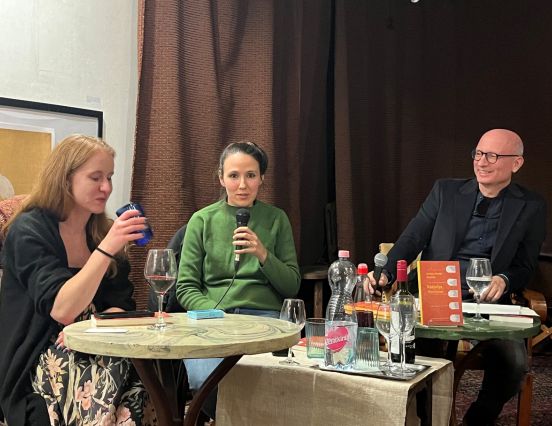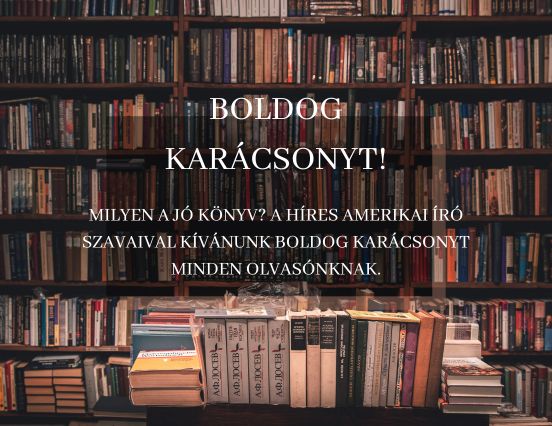We are delighted to congratulate you on the Hungarian publication of Paixão (A Paixão), a significant milestone in bringing your work to a new audience. Your novel has been translated into several languages, including German, French, Dutch, Italian, Swedish, Romanian, and Danish, reflecting its international resonance and the universal themes it explores.
Paixão stands as one of your early works. Reflecting on its creation, how do you perceive the writing process, the challenges you faced, and the initial reception of the novel?
The reception of this novel was mostly enthusiastic. Since censorship to novels did not took place before its publication, the characters in Paixão speak, think and remember between the lines. Most readers of fiction or poetry were so used to this way of writing that they mostly read between and behind the lines.
Writing during the Salazar regime must have been complex. Can you share your experiences navigating the literary landscape under such political constraints, and how did you maintain your voice as a writer during that period?
My first two novels, including Paixão, were published during that long dictatorship under which I was born. So, I did not have to maintain my voice as a fiction writer. This kind of poetic, elliptic voice was the only possible anti-fascist voice I could use to speak about hope, oppression, and fear.
As a firsthand witness to the regime change in Portugal, how did the events of April 25, 1974, unfold for you personally? In what ways did this transformation influence your subsequent literary endeavors?
The transformation in society was so radical that the fears and nightmares of my characters, especially those of children, almost vanished. As for myself, since I was always against dictatorship, my literary endeavors just became more open.
I understand you had a close relationship with Hungarian author Péter Esterházy, whose work continues to captivate Hungarian readers. Could you share your memories of him and the nature of your connection?
Péter Esterházy was one of the most noble personalities I ever met. In 1989, having refused to accept lands and other values which belonged to his family, he never showed any sort of bitterness about that loss. On the contrary: when I asked him if he got back some of his father’s palaces, he just answered that he got back the names of those palaces. In the English translations of some of his books, I admire their jumpy, allusive, and slangy stile, as John Updike defined it. When I visited Budapest in 1995, Péter was generous enough to talk publicly about the Hungarian version of my novel O Conquistador, translated by the excellent Laura Lukács.
In 1996, the brilliant writer Dalos visited me in Lisbon. The same did the young professor Bálint Urbán, who will talk now about the Hungarian translation, also by Laura, of Paixão. And I hope to meet finally my publisher and fiction writer Árpád Mohácsi. Lots of good friends!
Considering the cultural and historical context of Hungary, what aspects of Paixão do you believe will resonate most profoundly with Hungarian readers? How do you envision your novel speaking to them today?
Since your countrymen and -women live now in a disguised democracy, I hope that the very few who read fiction will see in Paixão a world longing for a revolution. When it was published, some readers told me it was as if dictatorship would end next day. Let´s hope the same will happen in Hungary.
Photo credit: Joana Matos Fritas




